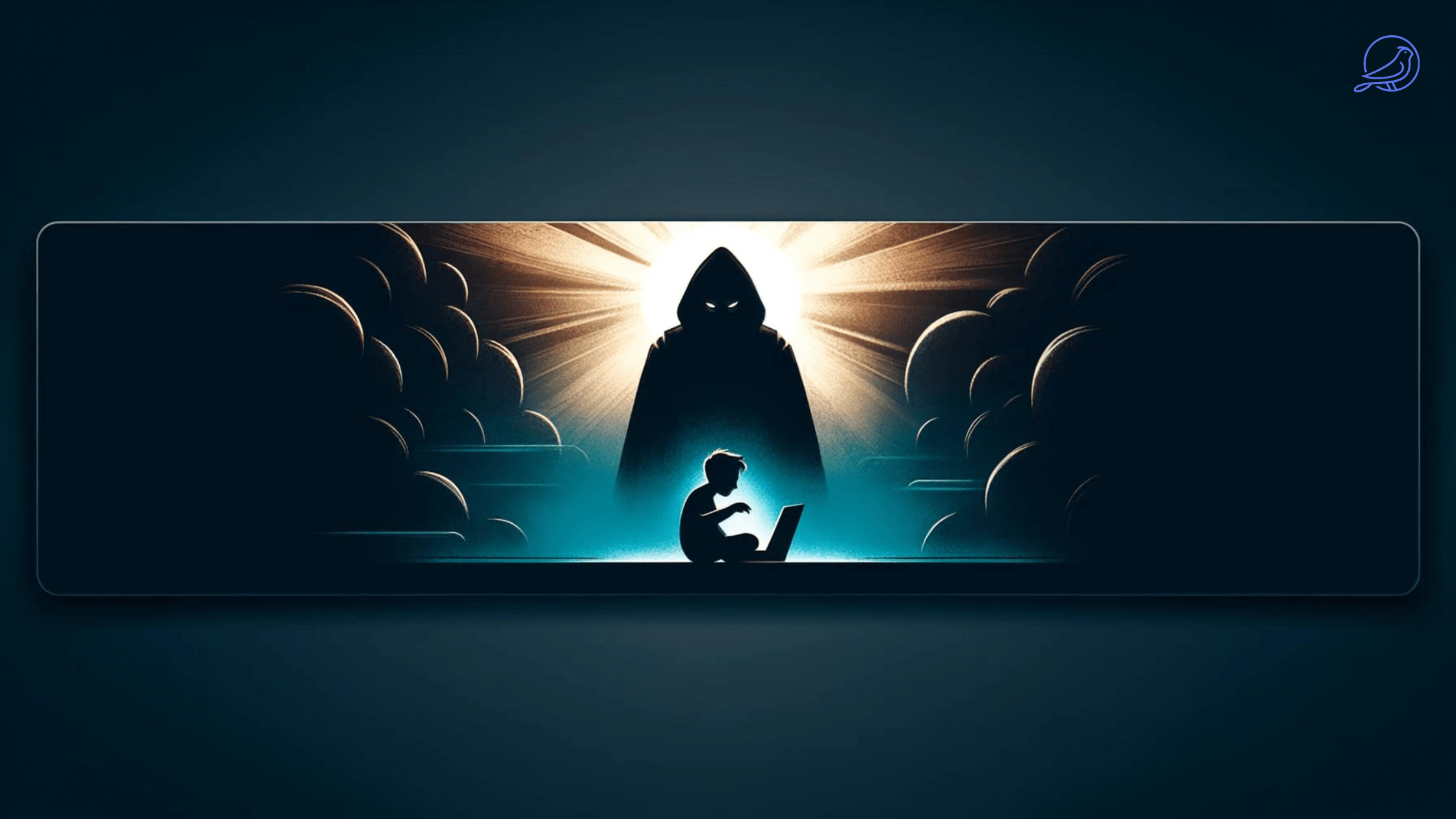I am not too old to remember clearing the last three feet to my bed with a leap, snapping my feet beneath the blankets, and curling up tight, dead centre between the margins of the mattress. What exactly lurked beneath my bed I wasn’t sure, but not for a year’s pocket money would I have dangled a toe into the darkness.
My own children are older now than I was then, but I still worry the Bogeyman – and you should too. He is a man – man-shaped at least – almost without exception. No longer under the bed, he is as close as the nearest screen. He might be in early adulthood or middle-aged, but he understands youth culture – new memes and dances, the hot online multiplayer games, the “attention economy” of likes and follows. He has a strong sexual interest in children – by 14 or 15, they are too old for him.
The Bogeyman loves kids who talk to strangers. He especially loves kids who post videos or live-stream. Dancers and gymnasts are his favourites. At first, he is quick with praise and affection. He’ll even buy a few hundred new followers for a pre-teen would-be Influencer, or use multiple “peer” personas at once to create social pressure. Methodically, he works his targets up an escalation ladder – a suggestive selfie becomes leverage. Feeding him makes him meaner. I need a new video when you get home from school, or I show everyone you know what you’ve been doing.
Online offenders – non-contact! – can be far more prolific than “traditional” offenders, with some reaching more than 1,000 children. Their interactions become semi-scripted, like a telesales agent. Each child is meeting the Bogeyman for the first time, but he has practised answers for 100 objections.
In computer security, we have a concept of a “threat persona”. Knowing who you are trying to defend against makes it easier to choose sensible and proportionate countermeasures.
How to Protect Your Children
- Hold out as long as you can before giving your child that first phone
- When the time comes to let them go online, speak to them as frankly as possible about how strangers may approach them (this can be really effective)
- Have your kids use the internet in the more public areas of your home (let the light in!)
- Be aware of which online games and services they are using (let the light in!)
- Do everything you can to make sure they know that if they make a mistake, you will be there, listening and supporting them (the Bogeyman loves isolation)
As a child, I knew how to keep the Bogeyman away – just let a little light in.

Edward Dixon is the CEO of Rigr AI and works in the field of Digital Forensics.
